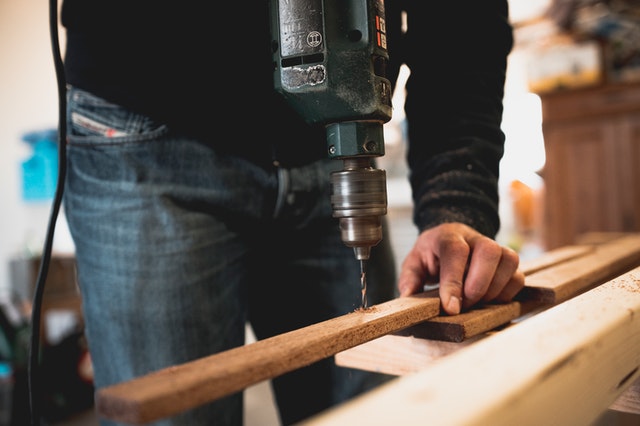OVERVIEW
A woodworking profession takes work and planning. Proficiencies and skills have to be learned through courses. And just like any other profession, success in this field also depends upon the core competencies established as one begins the job. It is aside from the skills that are required to end up being a proficient carpenter.

WHAT IS REQUIRED
Specific competencies must develop each carpentry task in different areas of work that can be slightly different. However, usually, the majority of them involve the same fundamental steps. Most jobs in woodworking initially include working from plans or just directions given by managers. Carpenters might also need to design the structure, which now involves measuring, marking, and product preparation. Carpenters need to consider many factors before resorting to woodwork.
PLANNING IS EVERYTHING
Once the planning is discussed, the carpenters may proceed with cutting and perfecting the wood. And during this time, carpenters may make use of hand and power tools. It is vital for combining the nails, staples, and screws in the correct places. The carpenter will then examine the wood artwork and determine if several changes must be implemented.
It would require using levels, guidelines, plumb bobs, woodworking squares, and measuring equipment. If there are corrections, carpenters need likewise to understand how to make the necessary adjustments. Only by going through the fundamental procedure can it be understood that specific carpentry competencies can be essential, even in entry-level tasks.
For future carpenters, there is an essential need to develop entry-level proficiencies to qualify for jobs. It would help if you were an expert in your trade before you start assisting people. There are examinations to study for, as well as experience accumulated from previous work.
BEGINNERS
Entry-level understanding and skills typically involves learning more about basic assistant tasks and how to perform them.
As a carpenter helper understanding about the usage and care of necessary materials might be needed. Entry-level carpentry jobs may also need knowledge about fundamental analysis of drawings and blueprints. Safety considerations on the worksite, as well as in the use of tools, are also crucial for developing entry-level proficiencies.
After making it through the entry-level carpentry essentials, would be carpenters might require to equip themselves with additional developmental understanding and training. This level would enable the carpenter to have the skills needed to perform essential building and repair work jobs.
Carpenters use Blueprints and sketches to complete orders. Setting up and operating standard tools and equipment and finding out how to work independently carrying out primary building and repair work tasks would already be practiced and performed at this level of competency.
From the fundamental and essential building and construction jobs and understanding, the more skilled carpenter will now learn about more intricate carpentry professional recognition. Learning how to translate and carry out more intricate blueprints and drawings to precise specs is discovered. Carpenters now understand how to develop and execute working schedules and end up being more proficient in choosing and utilizing suitable materials.
Understanding sophisticated store mathematics is also crucial, since working with accuracy instruments and equipment is also being taken on.
